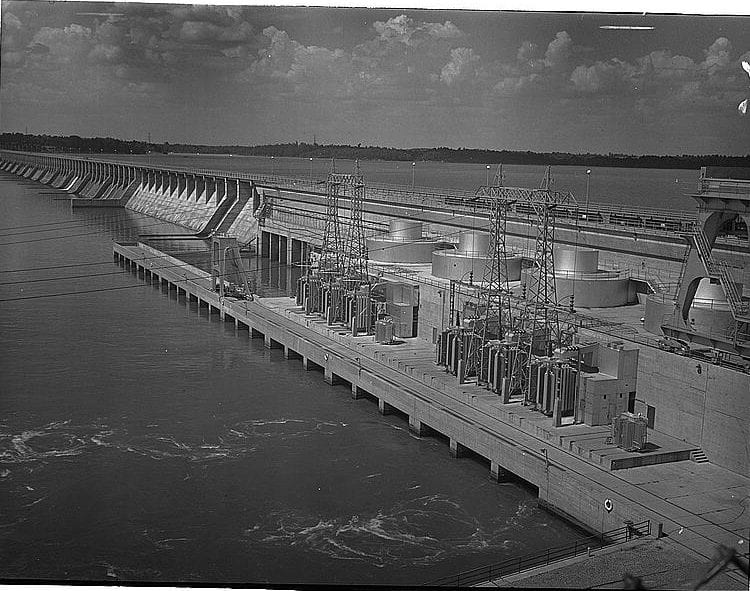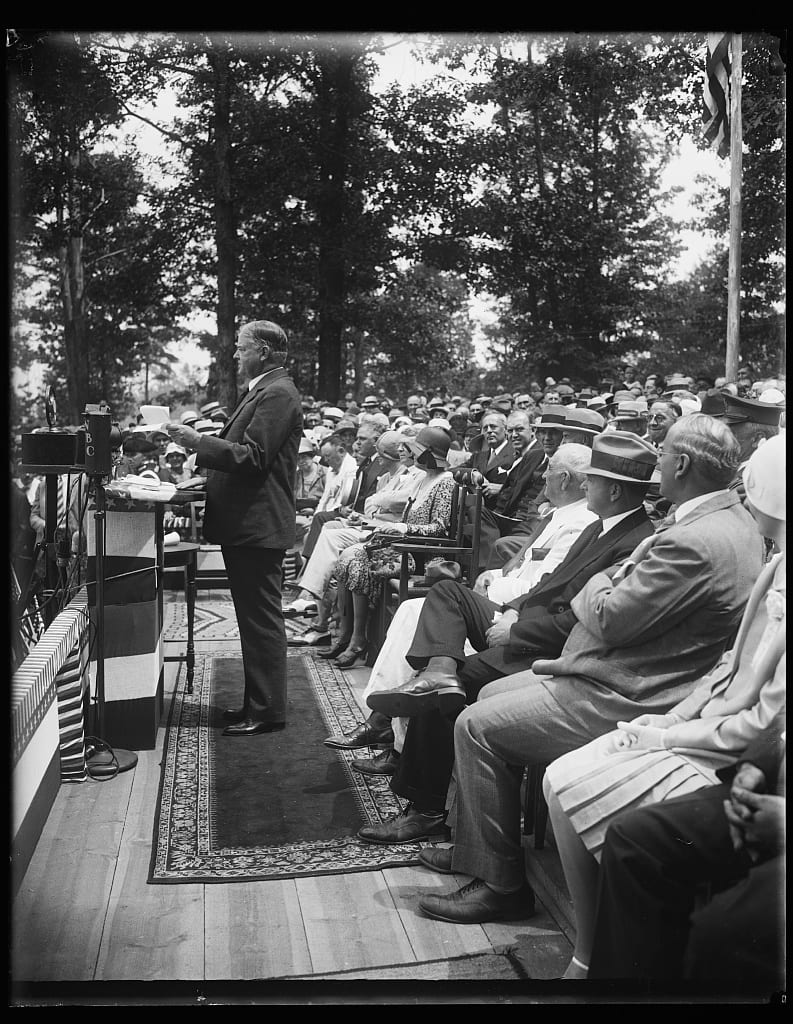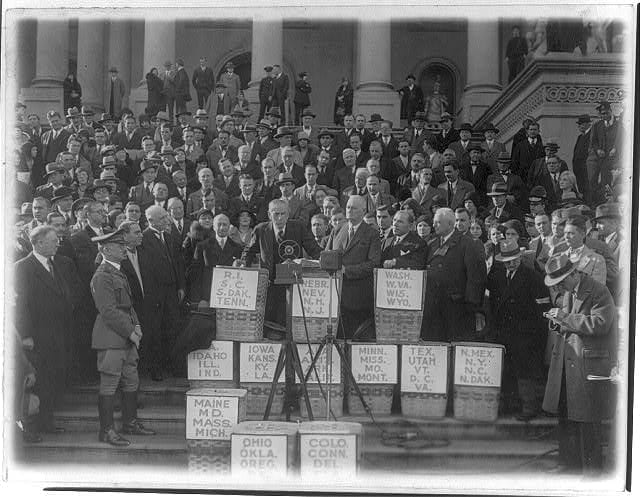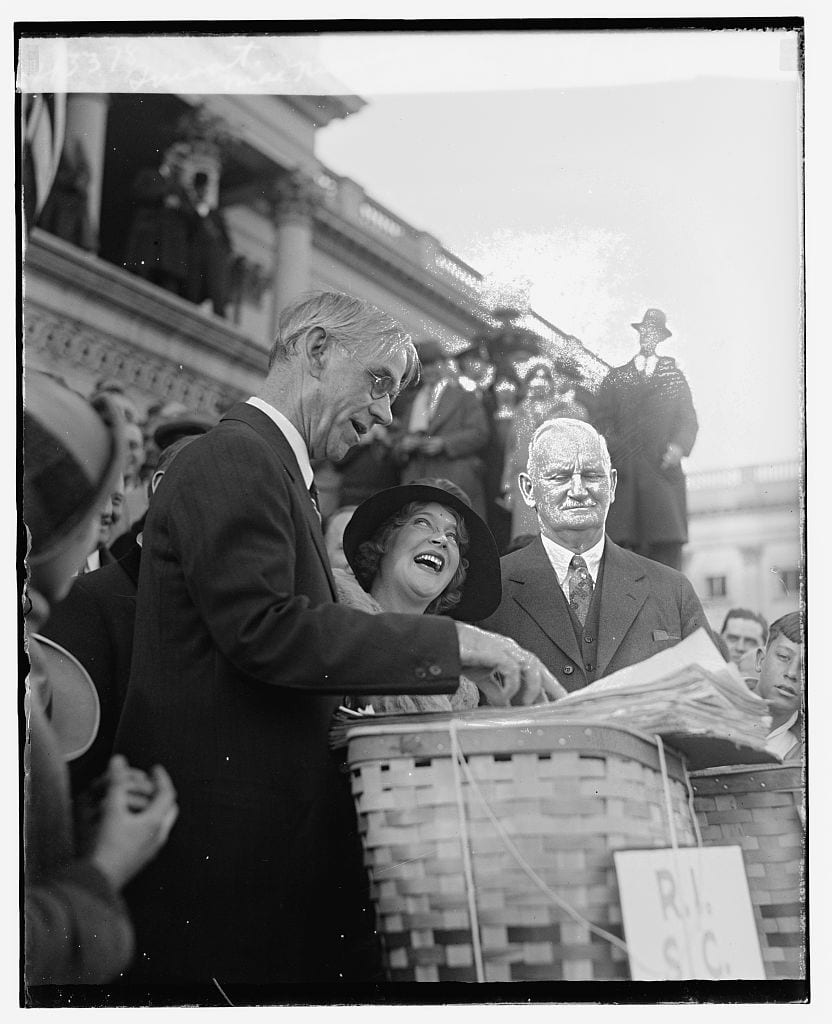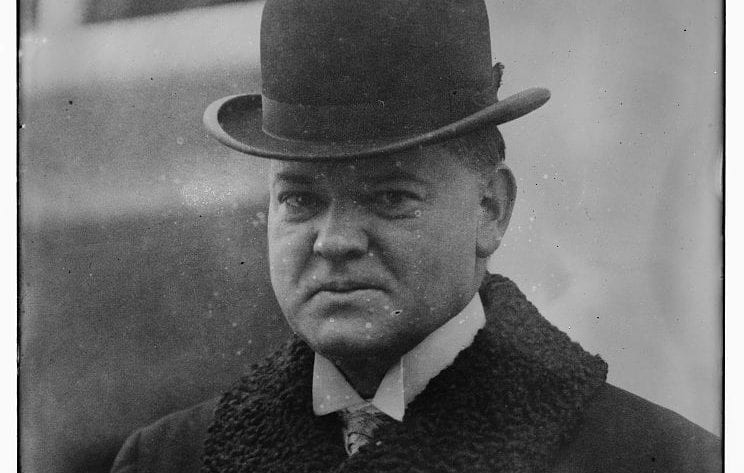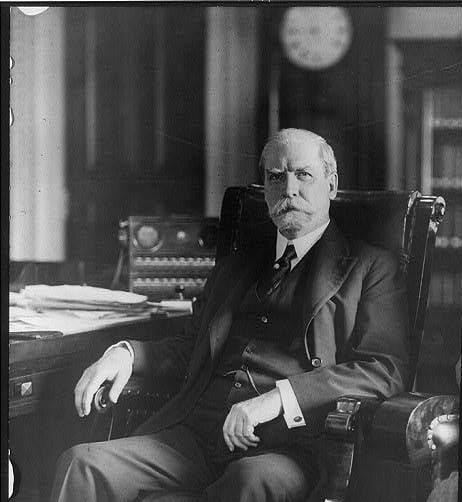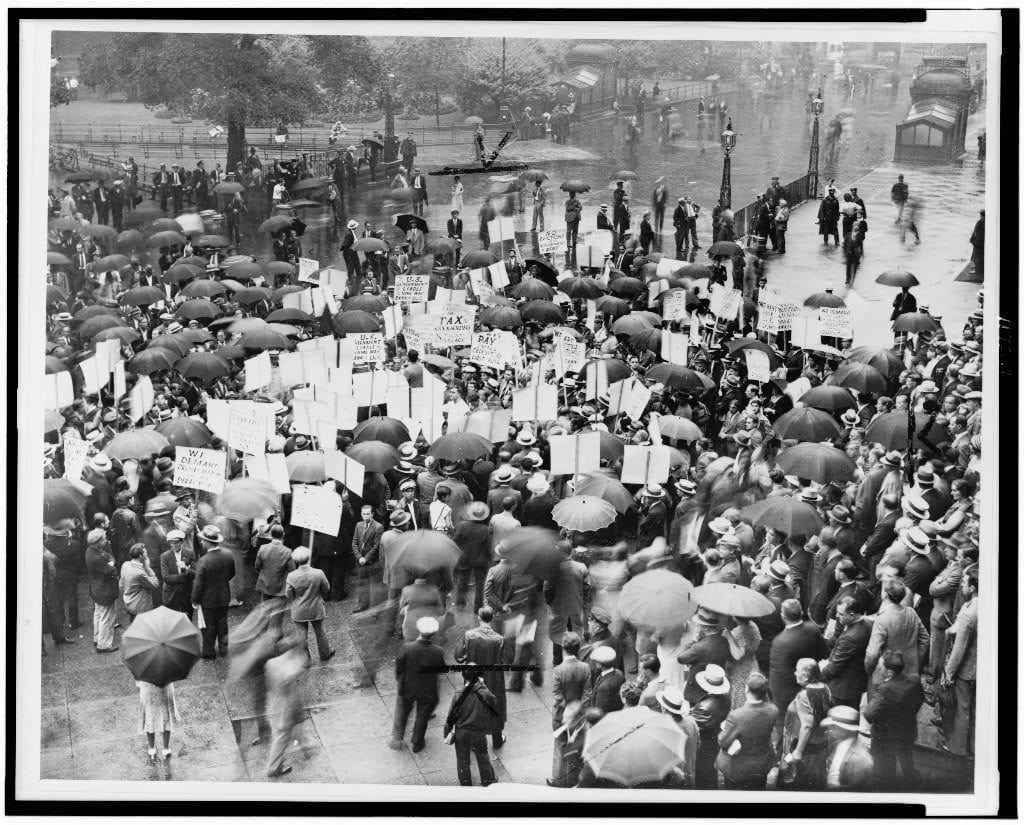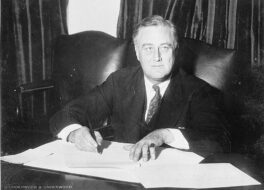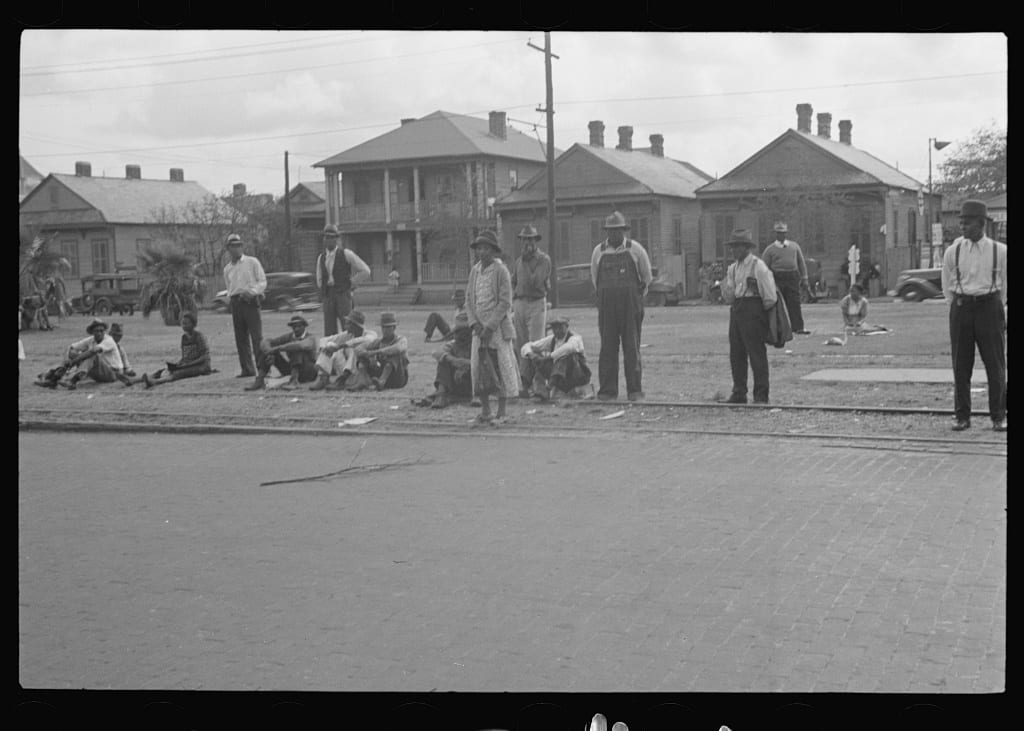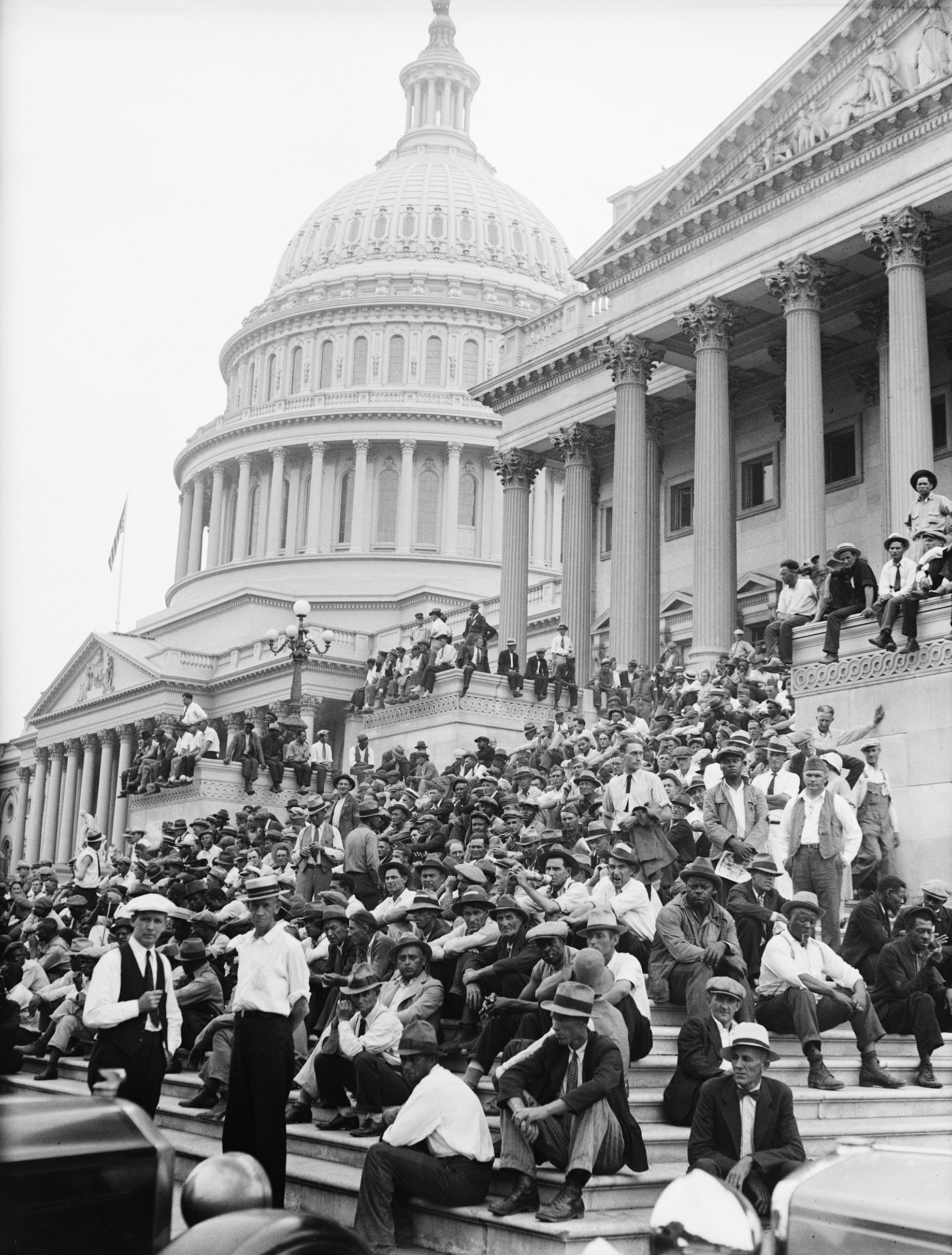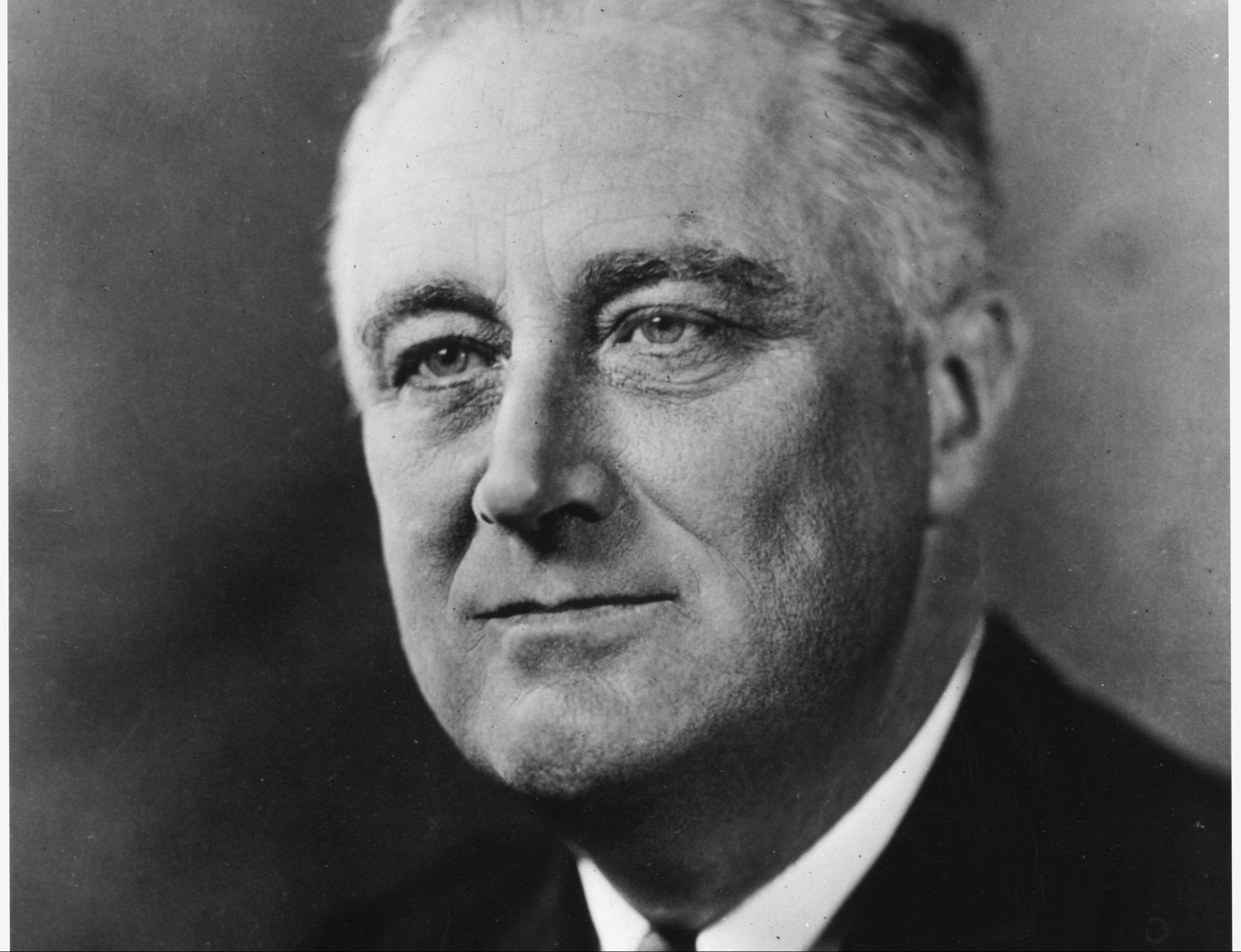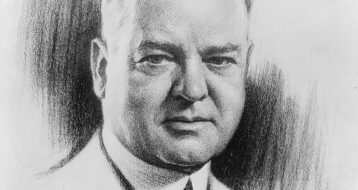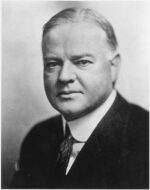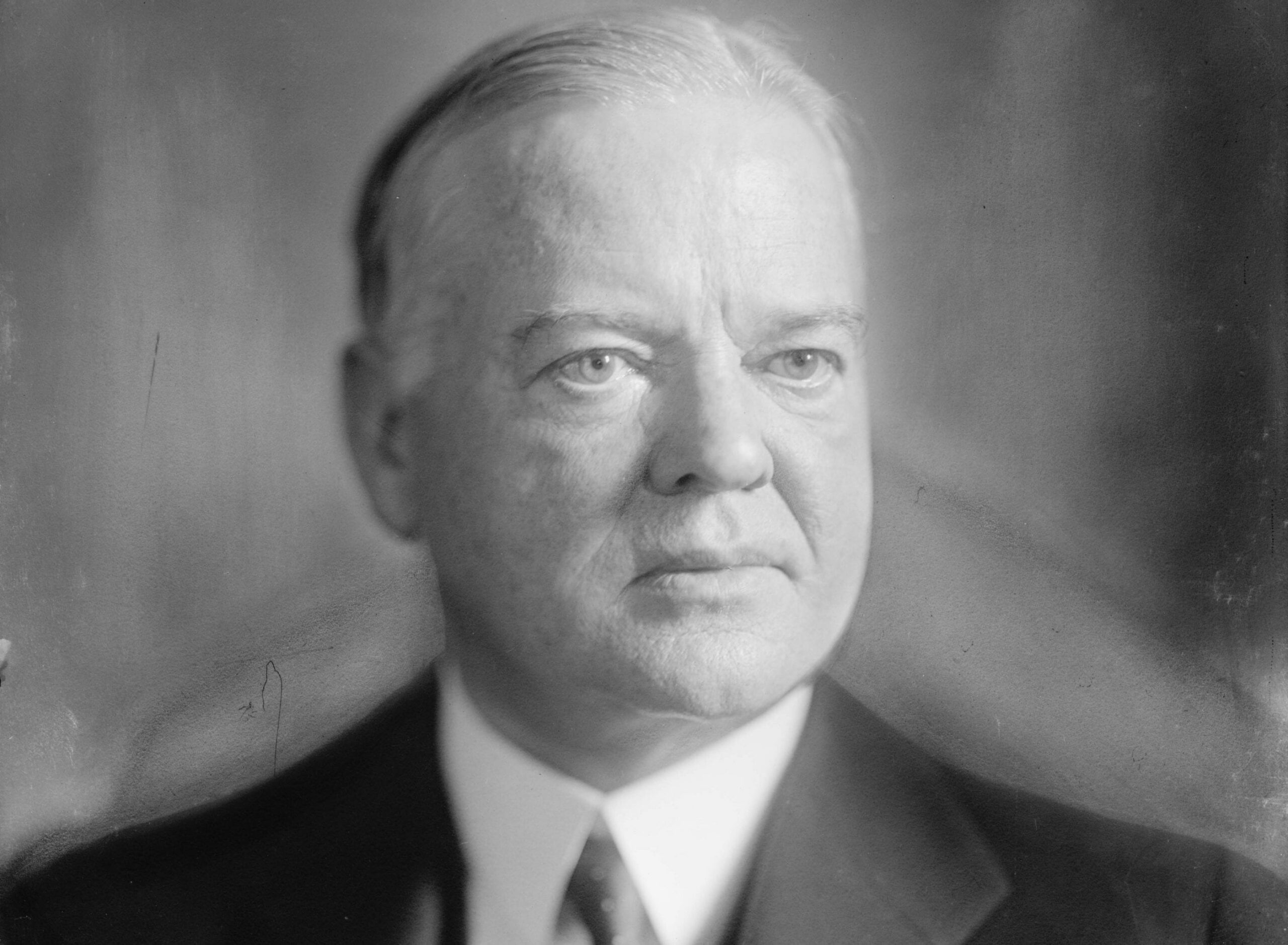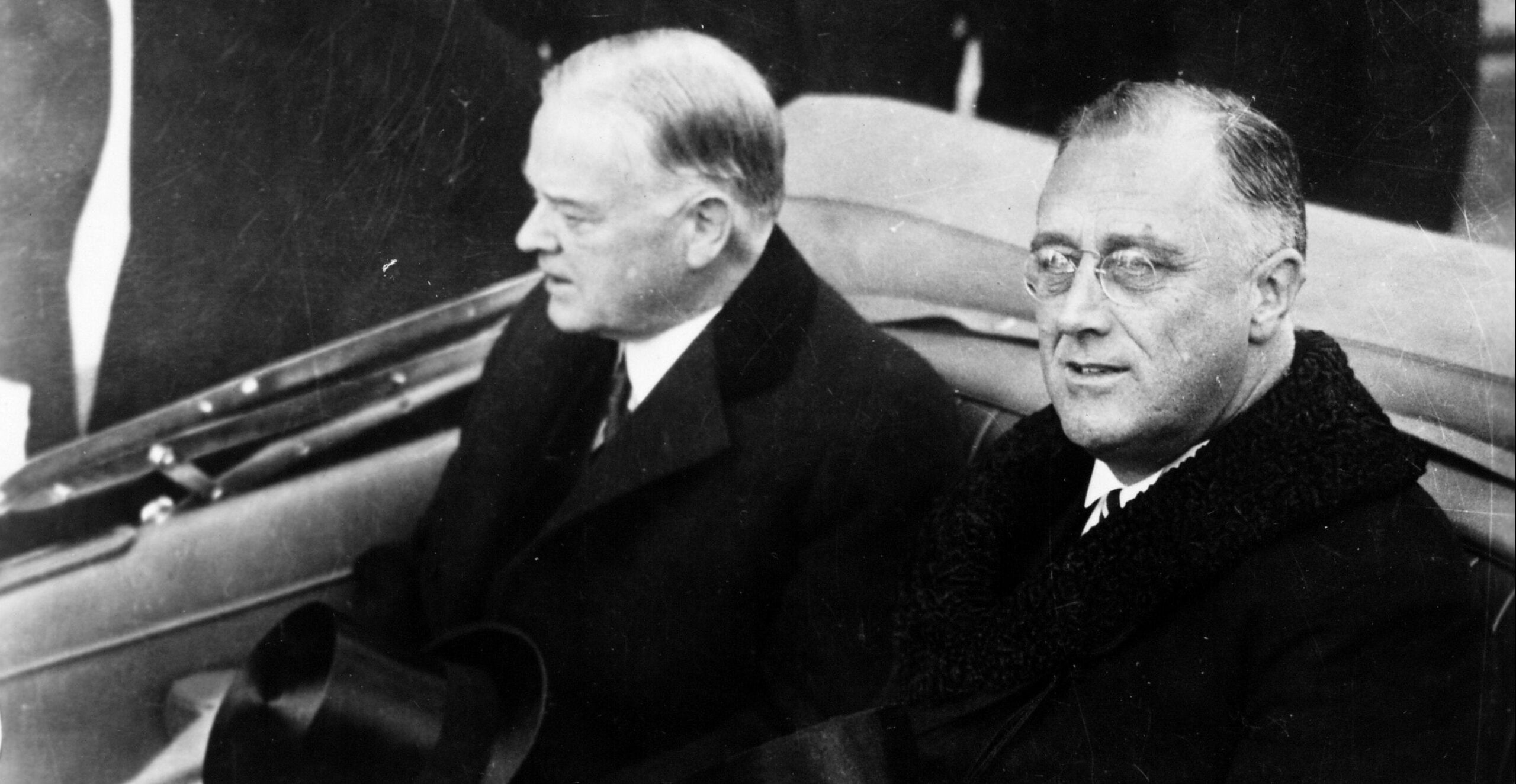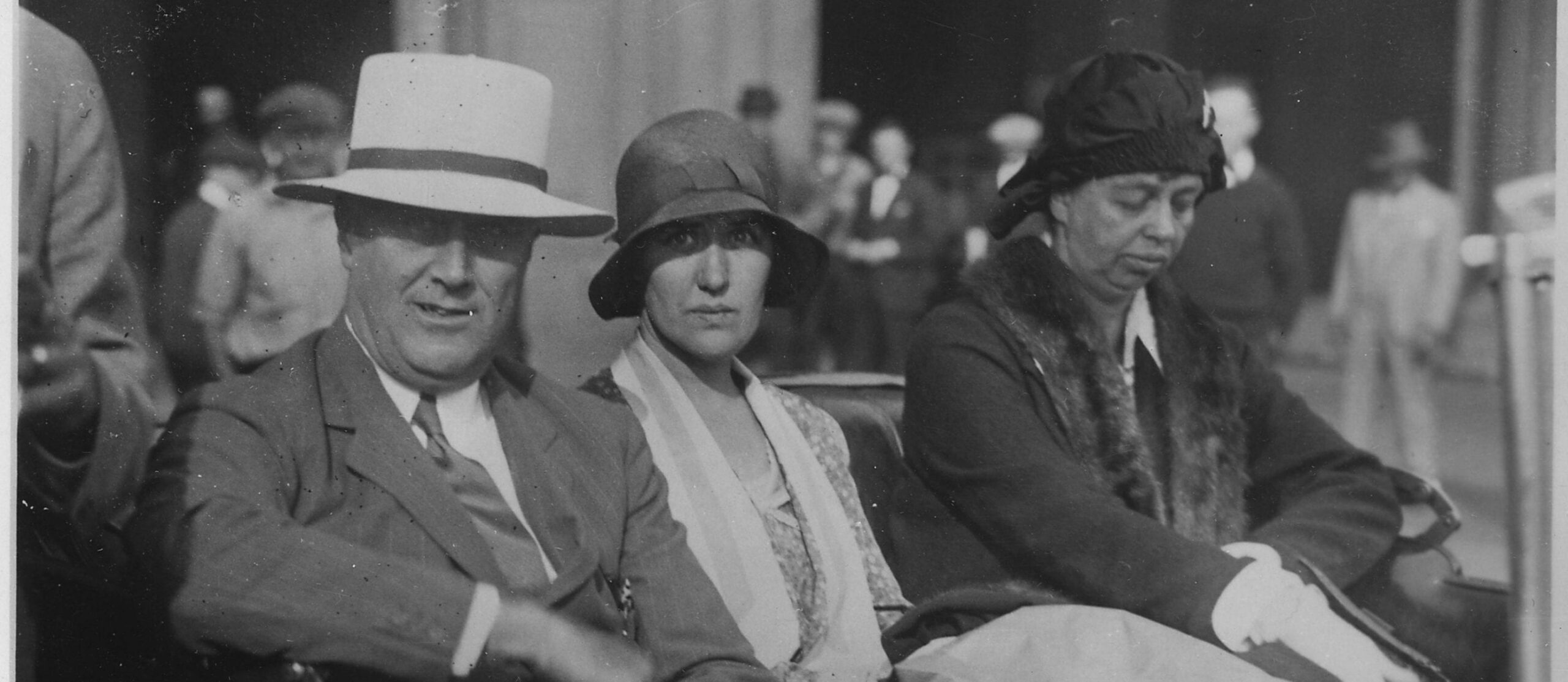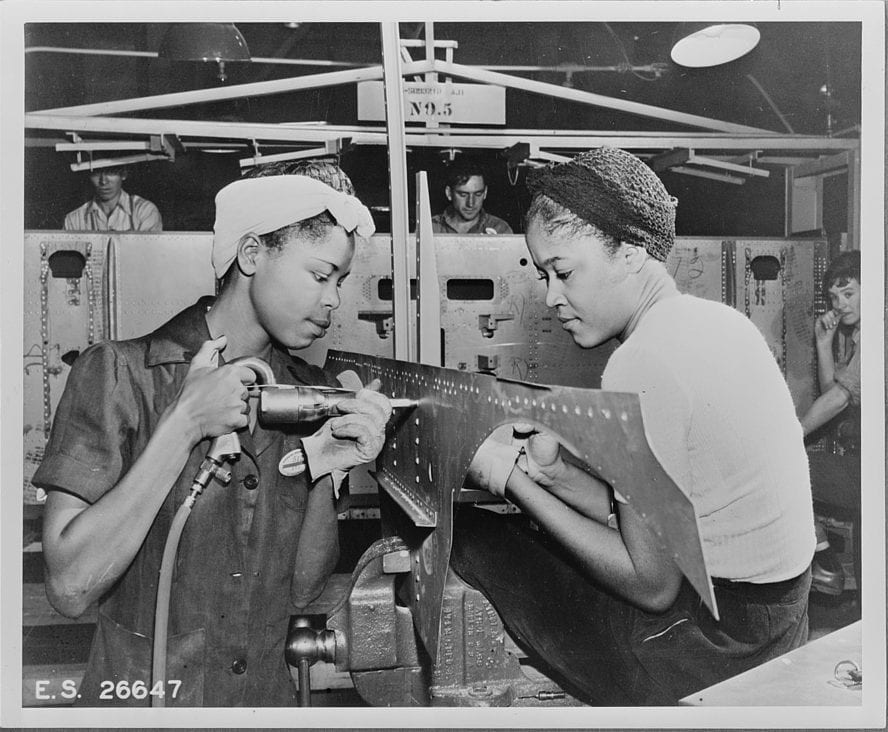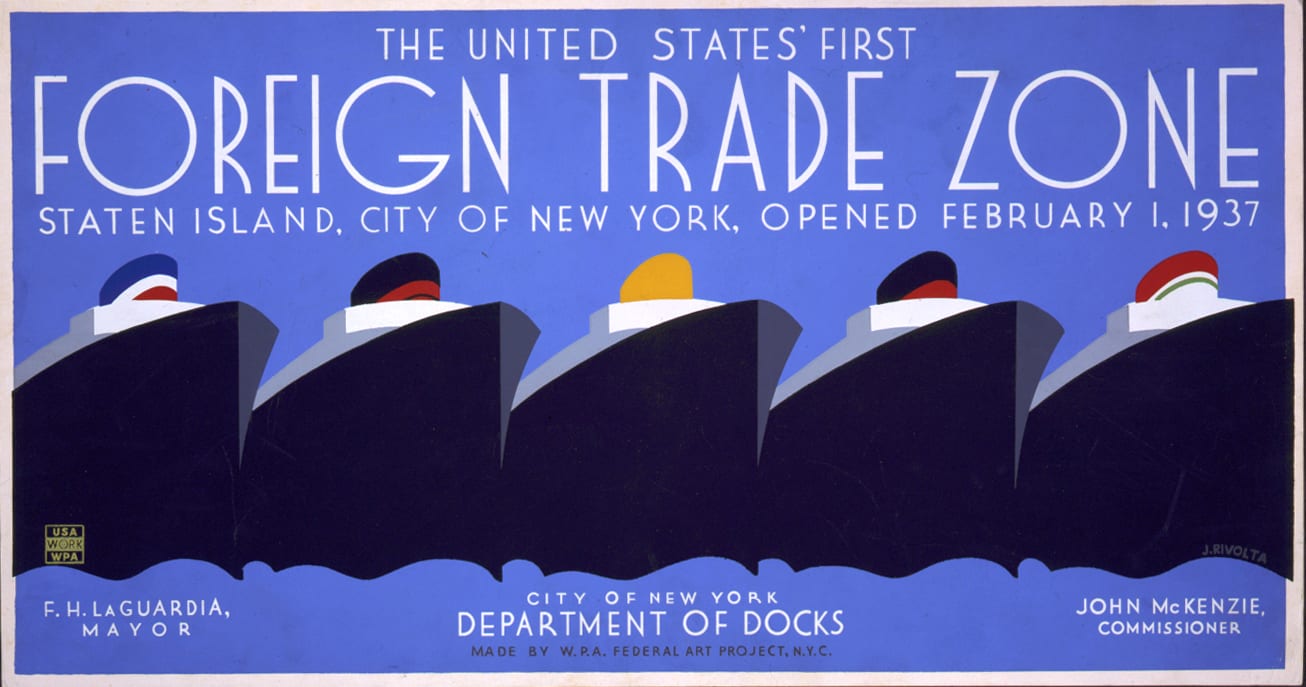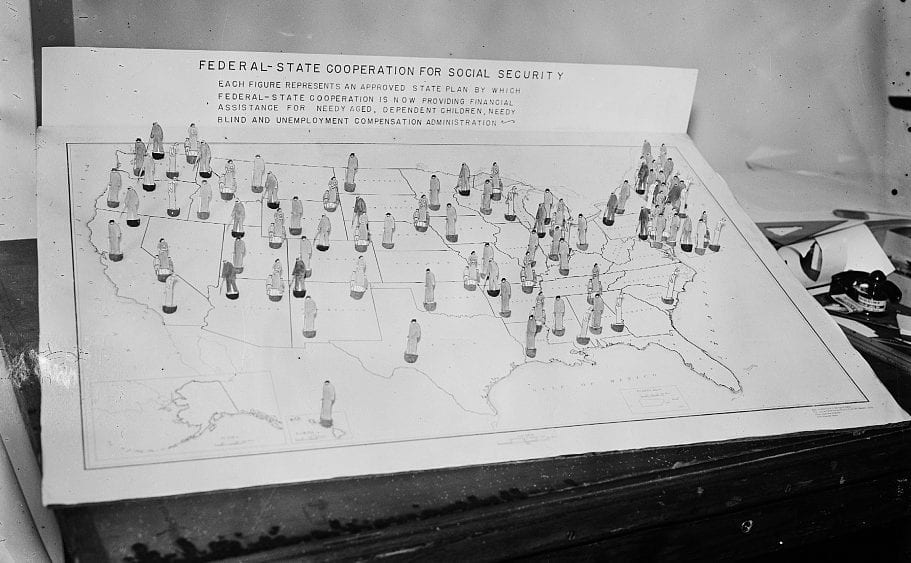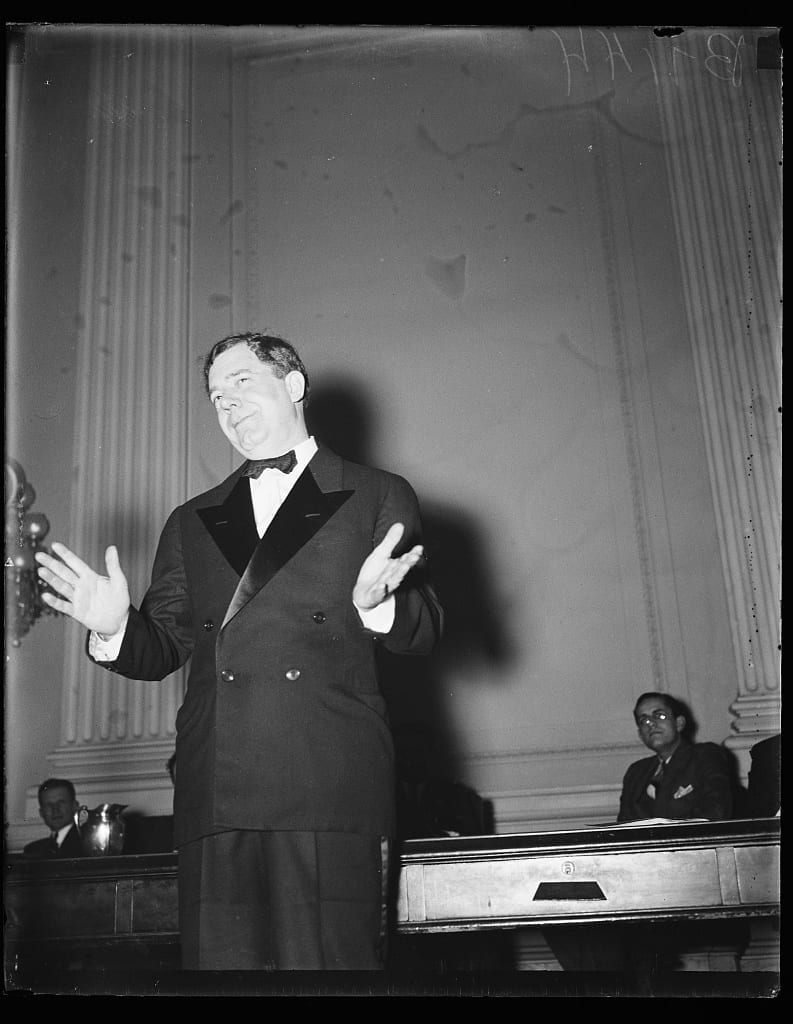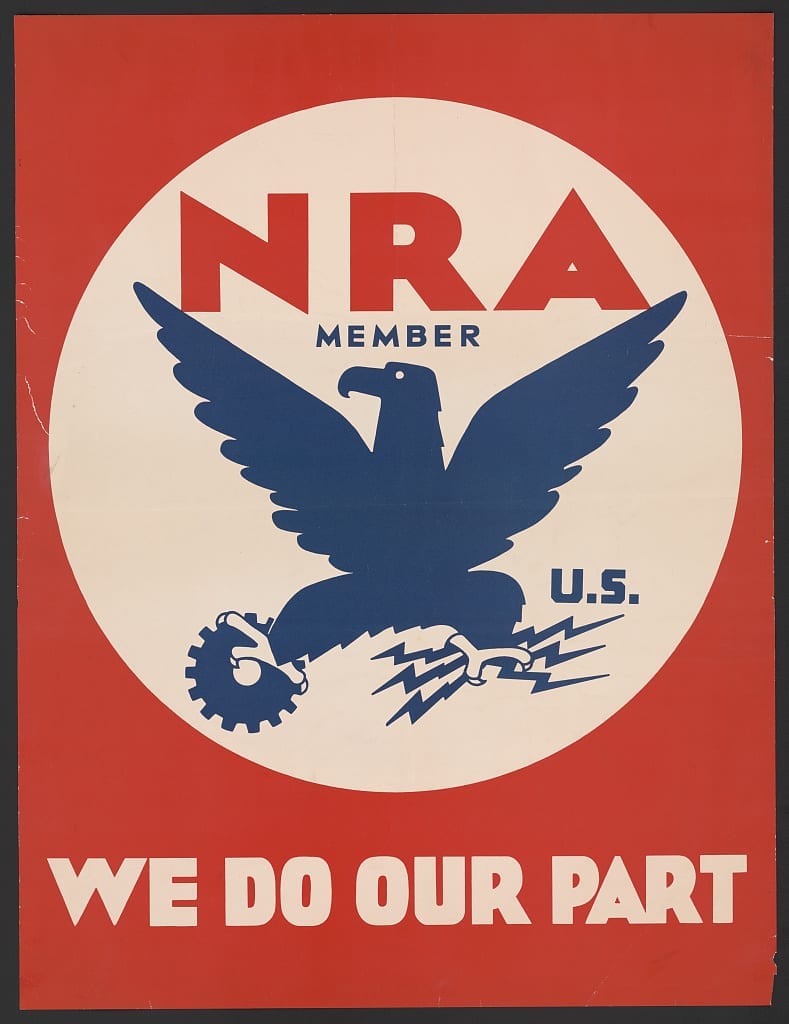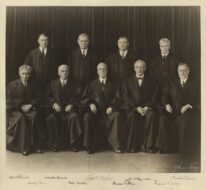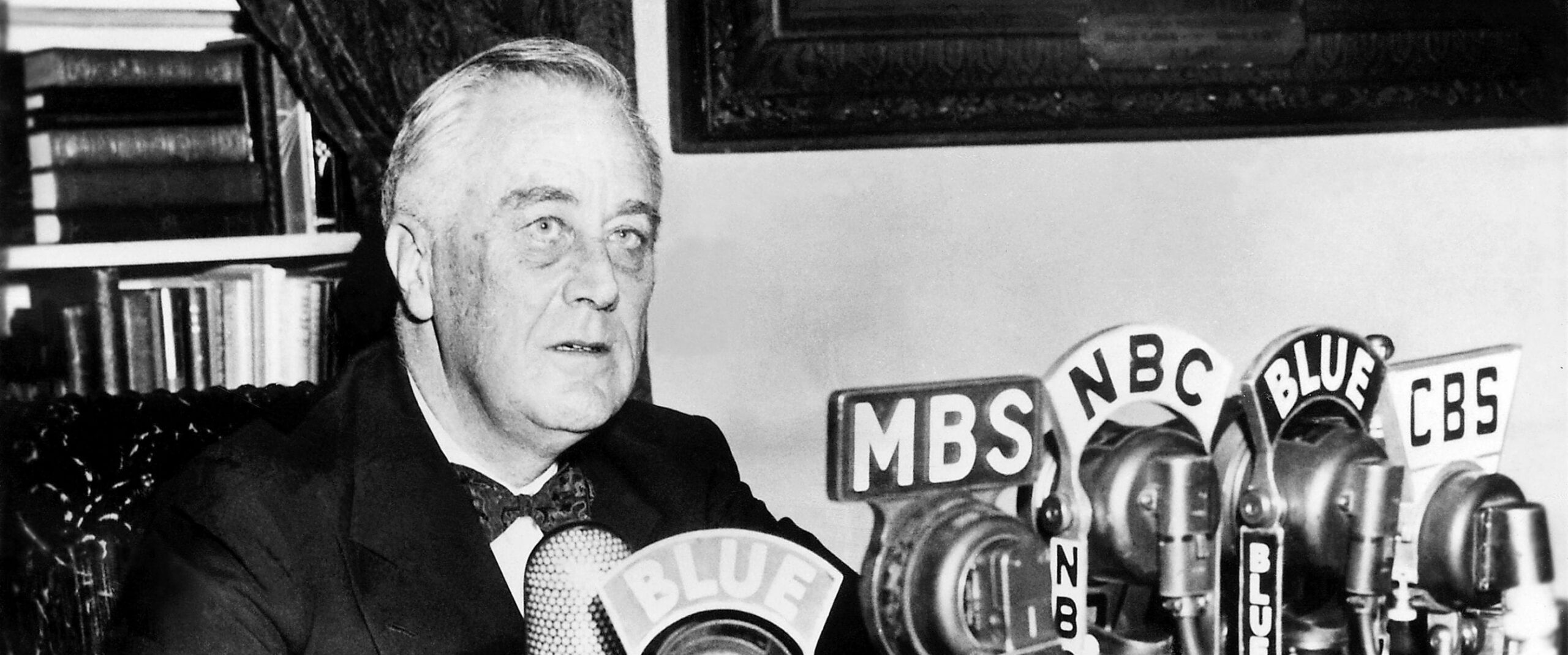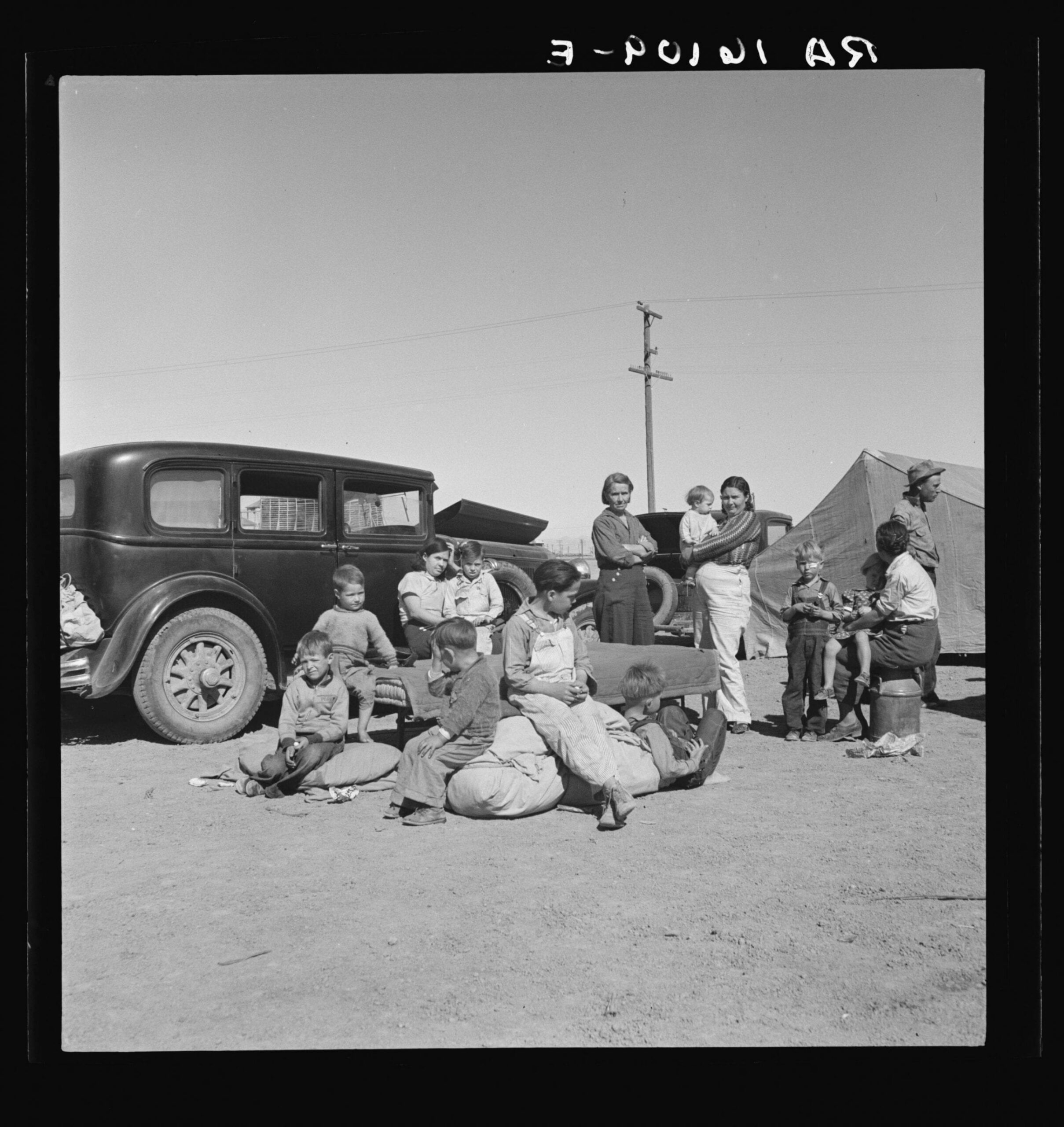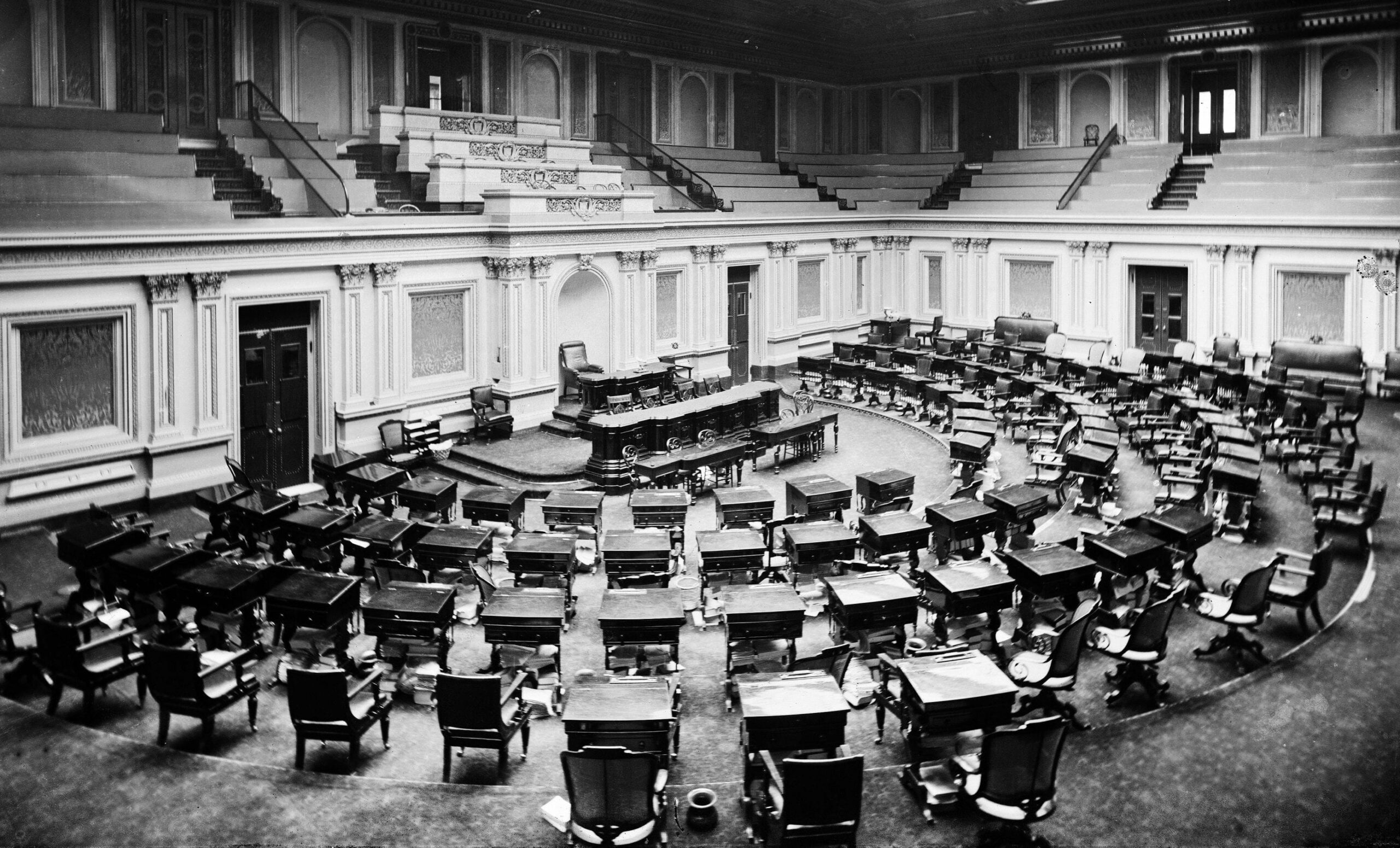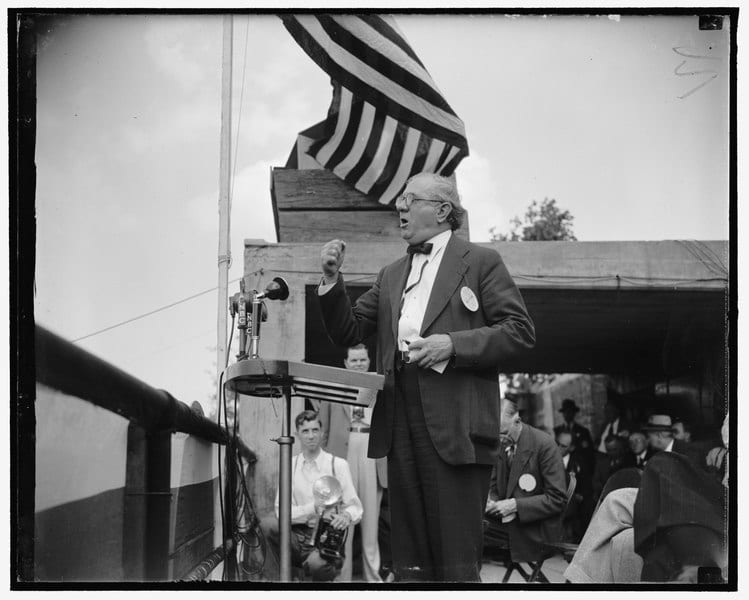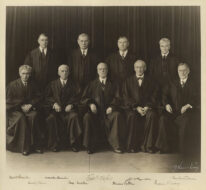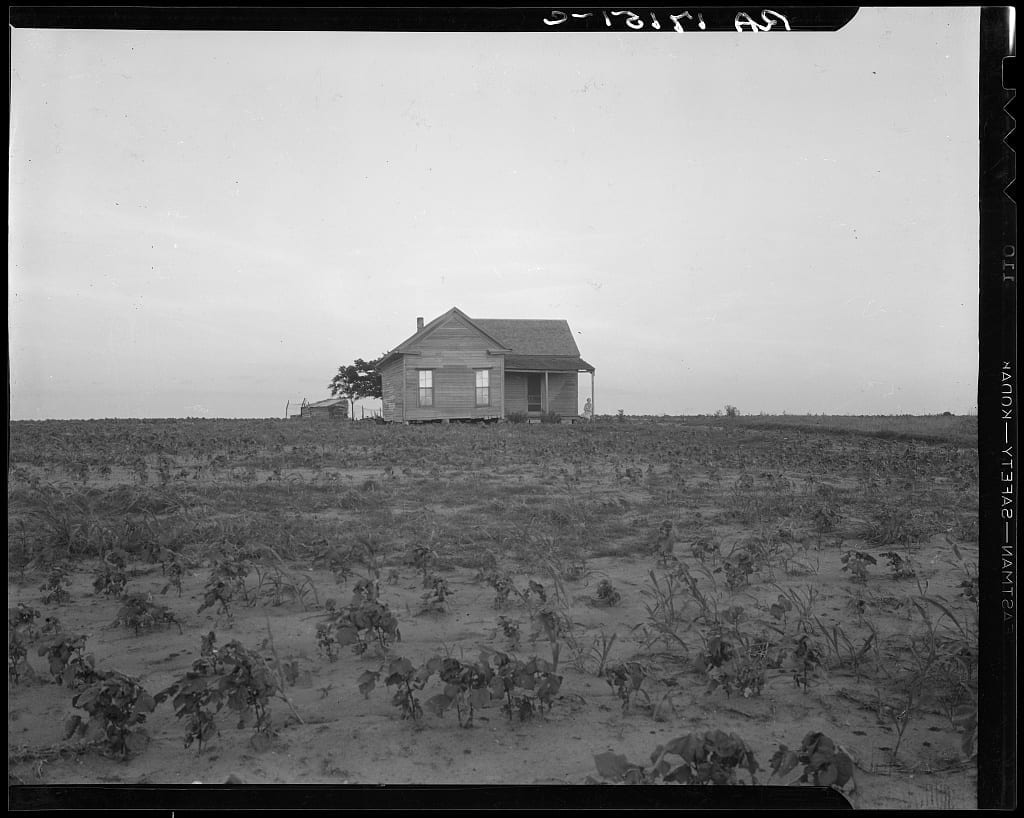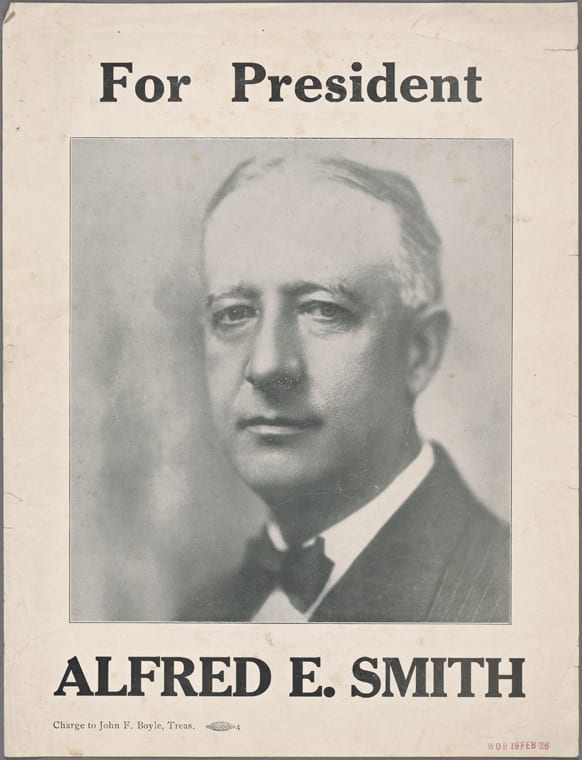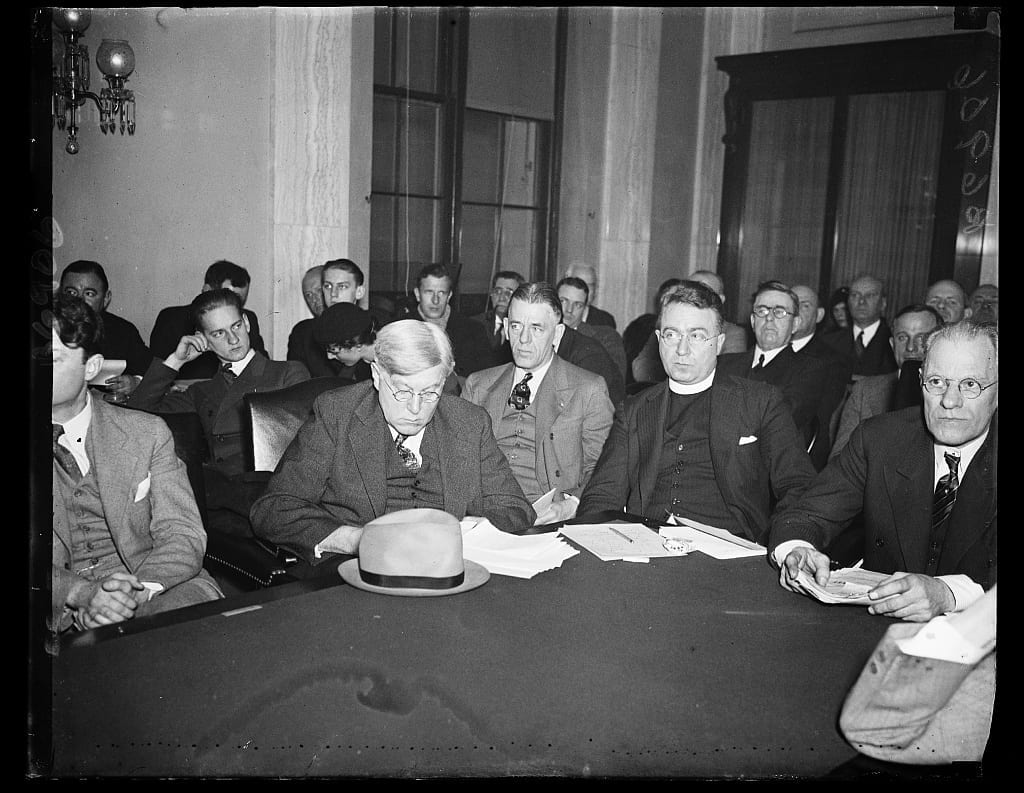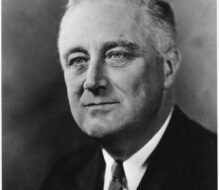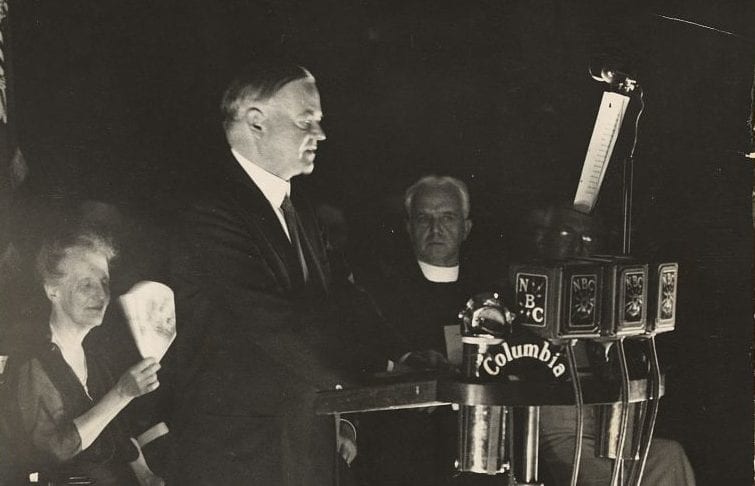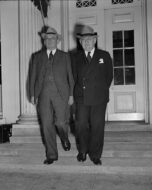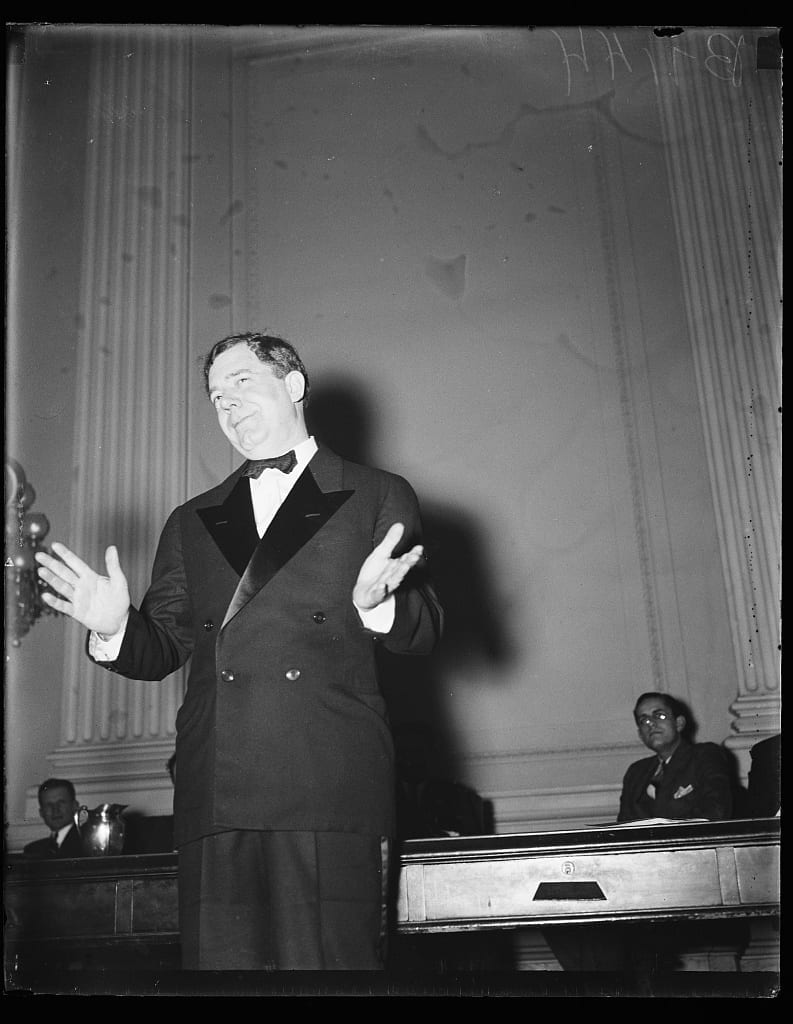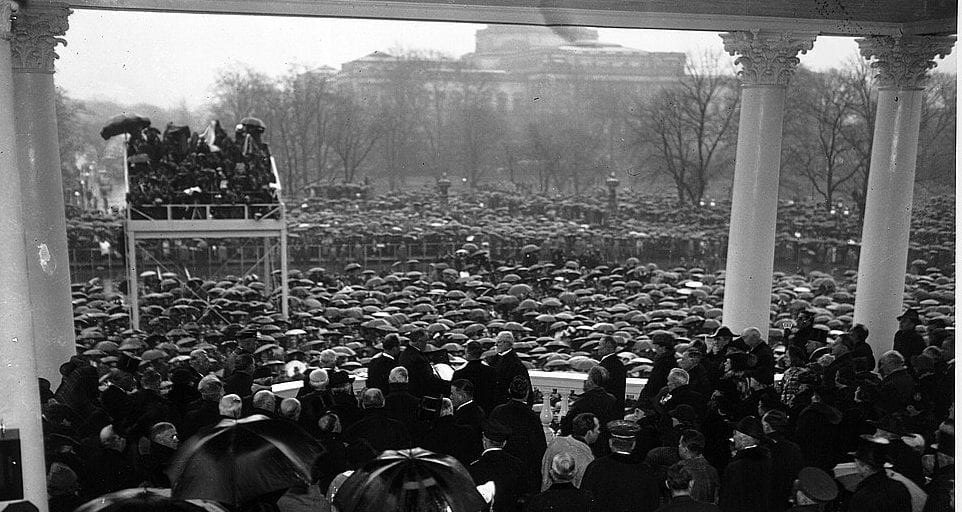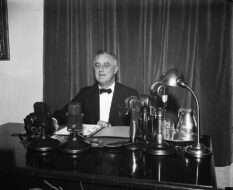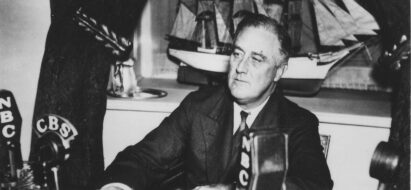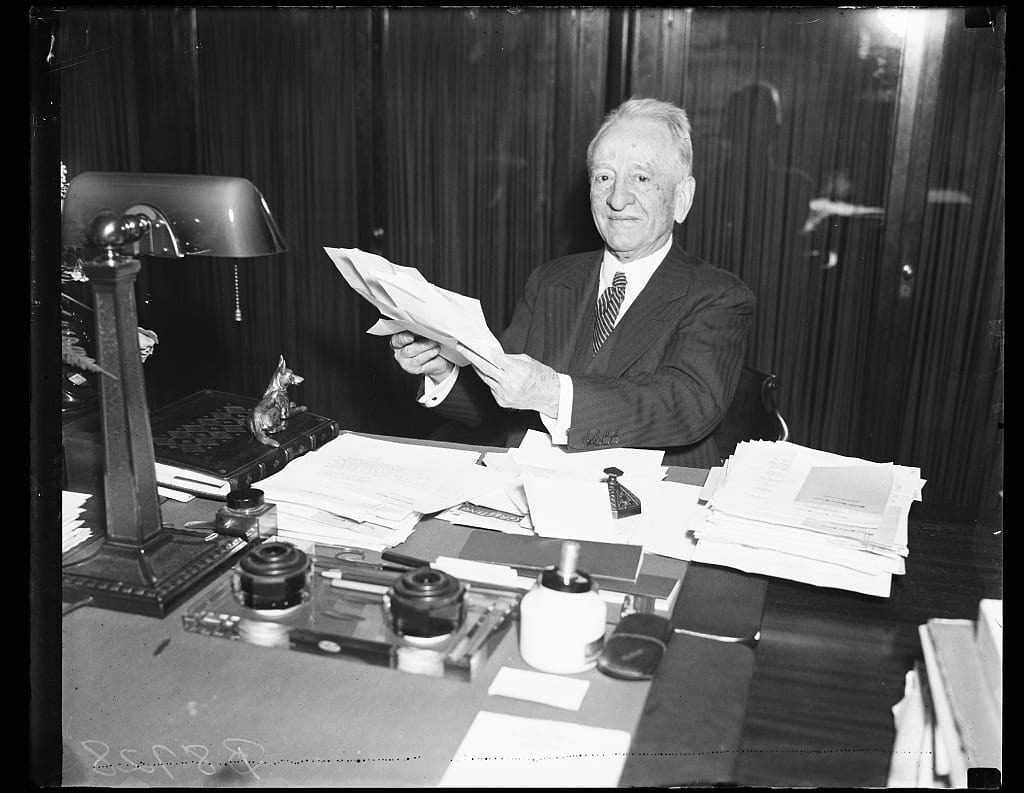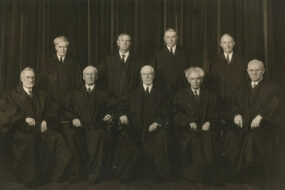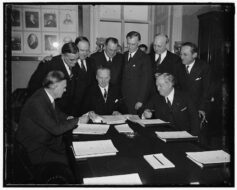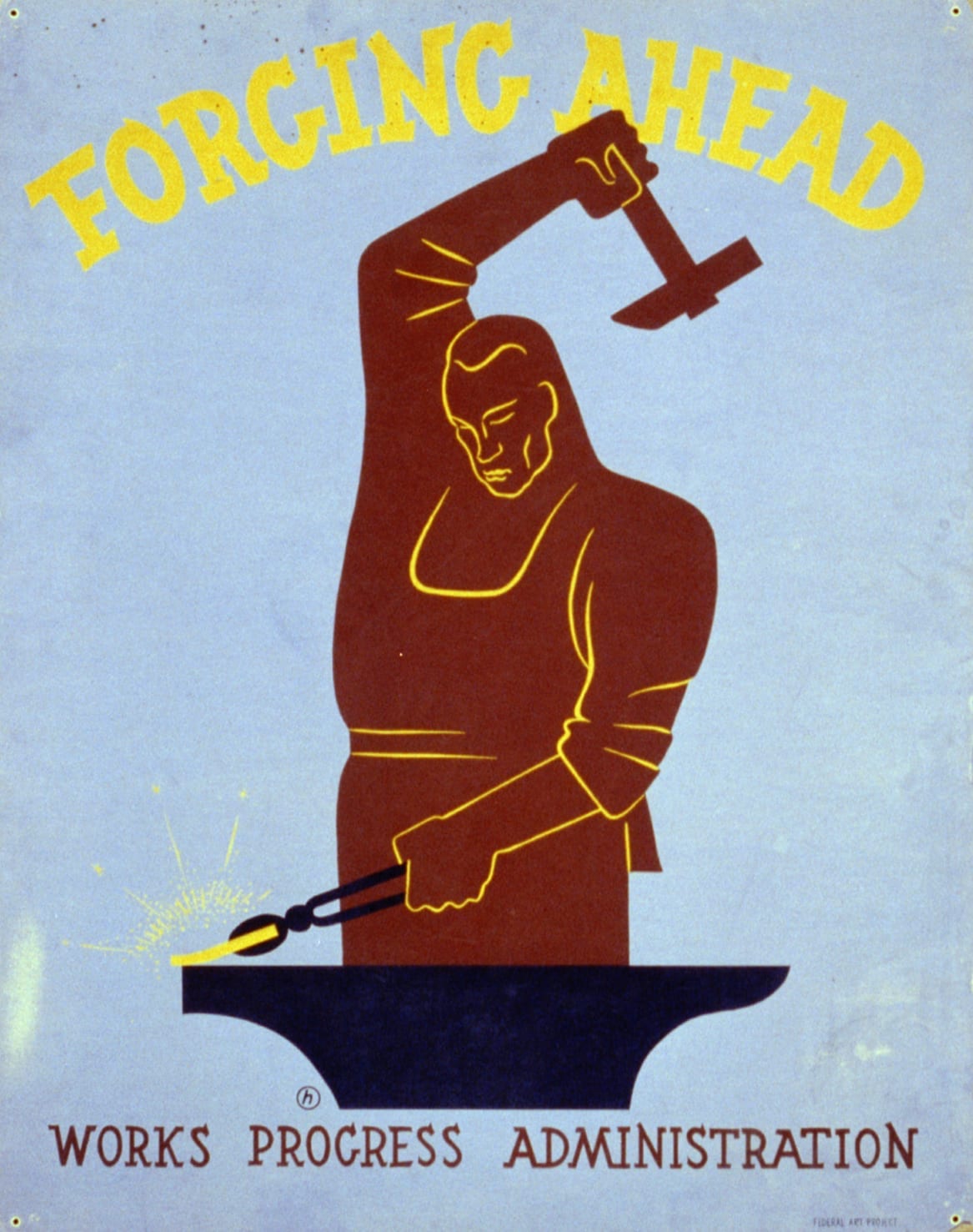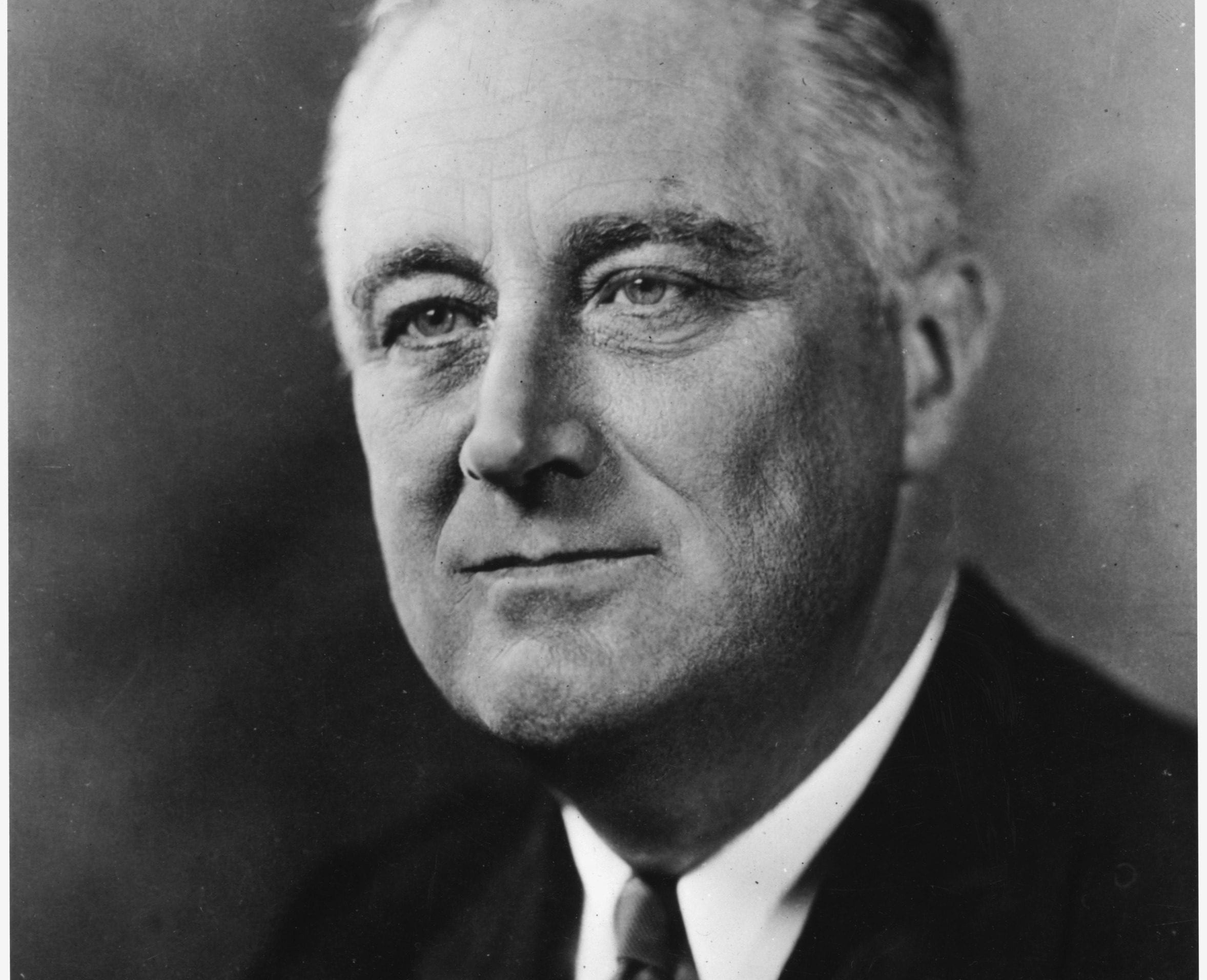Introduction
Immediately upon taking office, Roosevelt called Congress into special session, and over the next hundred days it approved 15 major pieces of legislation aimed at restoring the solvency of the nation’s banking system, raising prices for agricultural products and manufactured goods, and providing relief for the unemployed. The president conveyed information about all of these to the American people through regular radio broadcasts from the White House, which he called “Fireside Chats.” One of the top priorities of his administration was the development of the Tennessee Valley, and in a speech before Congress in early April Roosevelt proposed going farther than simply providing rural residents with subsidized electricity from the hydroelectric works. He envisioned a comprehensive plan for the region, encompassing “flood control, soil erosion, reforestation, elimination from agricultural use of marginal lands, and distribution and diversification of industry.” Further, he believed that this sort of planning could serve as a model for other parts of the nation.
Southern Democrats and Progressive Republicans enthusiastically embraced Roosevelt’s call for a Tennessee Valley Authority, and it was quickly implemented. The TVA still exists today as a government-run corporation whose reach encompasses most of Tennessee, as well as parts of Alabama, Mississippi, Kentucky, Georgia, North Carolina, and Virginia.
—John E. Moser
Source: “Message to Congress Suggesting the Tennessee Valley Authority,” April 10, 1933. Online by Gerhard Peters and John T. Woolley, The American Presidency Project. http://www.presidency.ucsb.edu/ws/?pid=14614.
The continued idleness of a great national investment in the Tennessee Valley leads me to ask the Congress for legislation necessary to enlist this project in the service of the people.
It is clear that the Muscle Shoals development is but a small part of the potential public usefulness of the entire Tennessee River. Such use, if envisioned in its entirety, transcends mere power development; it enters the wide fields of flood control, soil erosion, reforestation, elimination from agricultural use of marginal lands, and distribution and diversification of industry. In short, this power development of war days leads logically to national planning for a complete river watershed involving many States and the future lives and welfare of millions. It touches and gives life to all forms of human concerns.
I, therefore, suggest to the Congress legislation to create a Tennessee Valley Authority, a corporation clothed with the power of Government but possessed of the flexibility and initiative of a private enterprise. It should be charged with the broadest duty of planning for the proper use, conservation and development of the natural resources of the Tennessee River drainage basin and its adjoining territory for the general social and economic welfare of the Nation. The Authority should also be clothed with the necessary power to carry these plans into effect. Its duty should be the rehabilitation of the Muscle Shoals development and the coordination of it with the wider plan.
Many hard lessons have taught us the human waste that results from lack of planning. Here and there a few wise cities and counties have looked ahead and planned. But our Nation has “just grown.” It is time to extend planning to a wider field, in this instance comprehending in one great project many States directly concerned with the basin of one of our greatest rivers.
This in a true sense is a return to the spirit and vision of the pioneer. If we are successful here we can march on, step by step, in a like development of other great natural territorial units within our borders.


